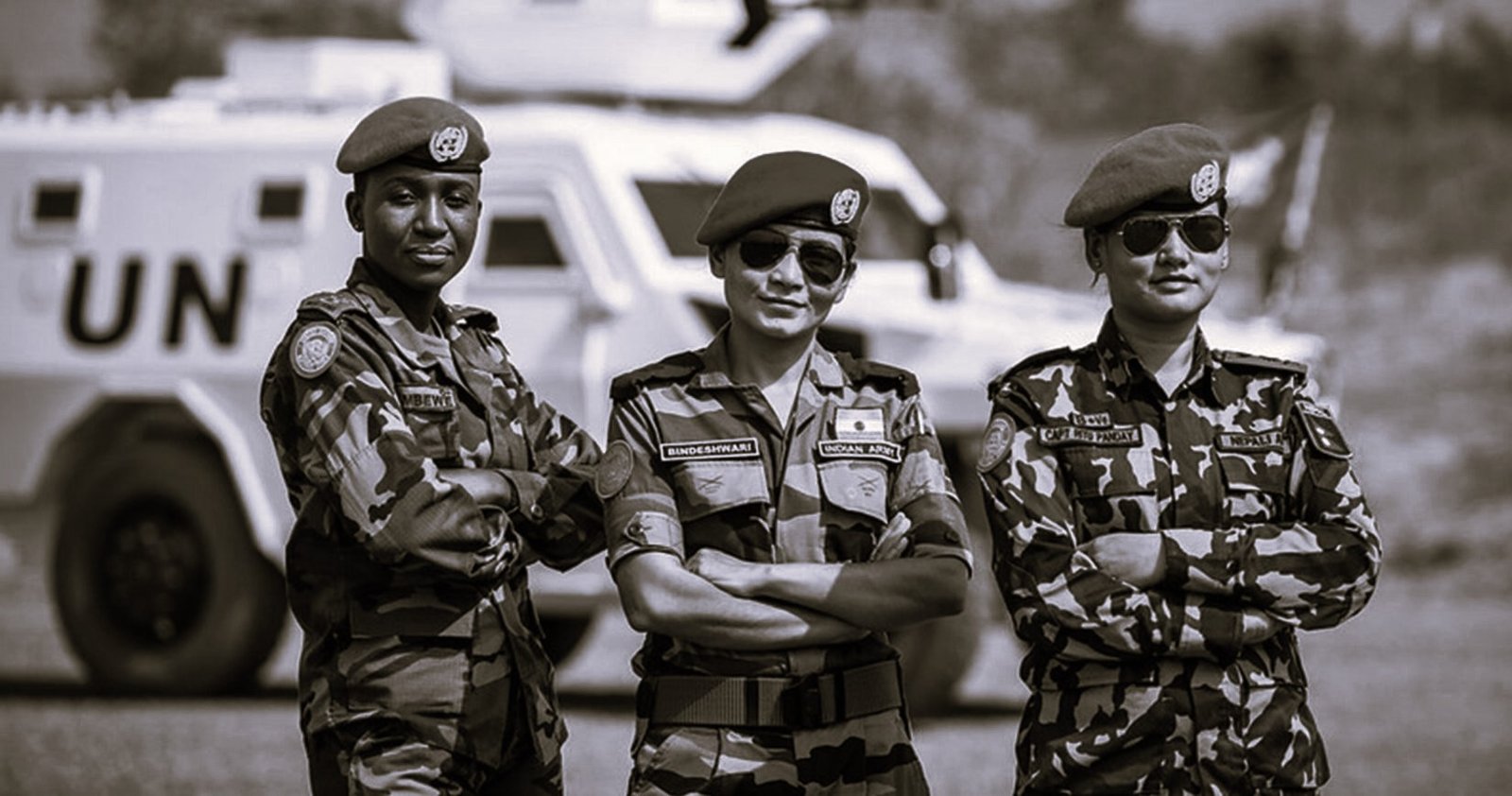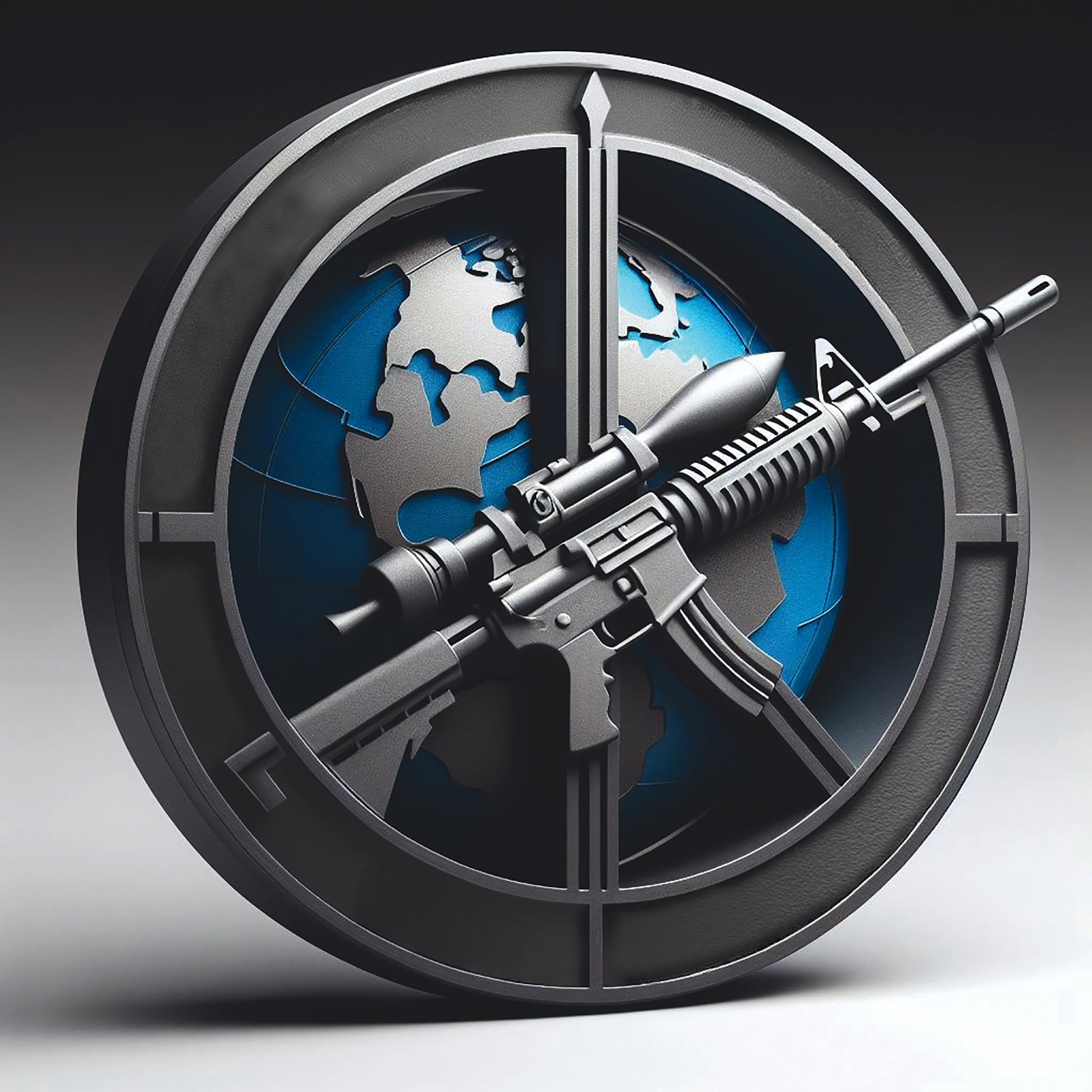Pillars of the UNSCR 1325
Each mandate outlined in the resolution corresponds to one of the four fundamental pillars: Participation, Protection, Prevention and Relief and Recovery. Below are the descriptions of each pillar as articulated in the resolution.
Men and women undergo distinct experiences during times of war.
Through these differences, women contribute a crucial viewpoint to conflict analysis and offer strategies for peacebuilding that emphasize fostering connections between opposing groups and enhancing the inclusivity, transparency and durability of peace efforts.
We should perceive Women's involvement not as a gesture, but as indispensable for peace and security.

Participation: Advocates for enhanced involvement of women across various decision-making tiers, encompassing national, regional, and global institutions; in mechanisms aimed at conflict prevention, management, and resolution; in peace talks; in peacekeeping endeavors, serving as soldiers, police officers, and civilians and as Special Representatives of the U.N. Secretary-General.
Protection: Specifically emphasizes the safeguarding of women and girls against sexual and gender-based violence, even in emergency and humanitarian contexts, such as refugee camps.
Prevention: Advocates for enhancing intervention tactics in preventing violence against women, which involves holding accountable those who violate international law, reinforcing women’s rights within domestic legislation and endorsing grassroots women-led peace initiatives and conflict resolution endeavors.
Relief and Recovery: Urges the improvement of relief and recovery efforts to tackle global crises with a gender-sensitive approach, which involves respecting the civilian and humanitarian aspects of refugee camps and taking into account the requirements of women and girls when planning refugee camps and settlements.
